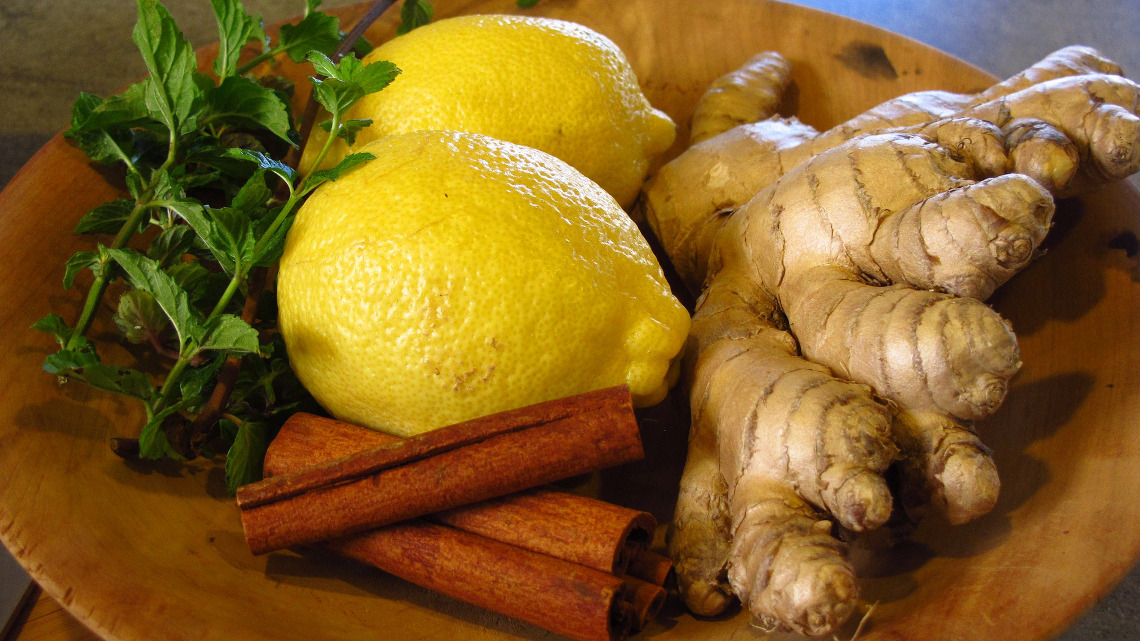Flavours activate saliva immune defence
Munich food chemists found that ingredients such as citric acid and 6-gingerol from ginger stimulate the molecular defences in human saliva.

Tasty food is “mouth-watering”. However, saliva I so much more than water: It contains mucosal and immune cells as well as a large number of molecules that perform a wide variety of biological functions such as ensuring healthy teeth, gums, and oral mucosa. Moreover, saliva is the first barrier against pathogens. Therefore, it also contains a number of antimicrobial molecules, including the antibacterial lysozyme. These are part of the innate molecular immune system.
Saliva composition depends on variety of factors
Age, health, and what someone eats and drinks all influence the composition of saliva. However, little is known about the effects of individual food constituents. Food chemists at the Leibniz-Institute for Food Systems Biology at the Technical University of Munich (TUM) now discovered that distinct food ingredients also affect saliva composition.
Led by Thomas Hofmann, head of the Leibniz-Institute for Food Systems Biology at TUM, the researchers studied the influence of the following flavors on the composition of human saliva: citric acid (sour), aspartame (sweet), iso-alpha acids (bitter), the flavor enhancer monosodium glutamate (umami), table salt (salty), 6-gingerol (spicy), and the substances contained in Sichuan pepper —hydroxy-alpha-sanshool (tingling) and hydroxy-beta-sanshool (numbing). They published their results in the “Journal of Agricultural and Food Chemistry”.
Flavouring substances exert biological effects
“Our new findings show that flavouring substances already display biological effects in the oral cavity that go far beyond their known sensory properties,” said Hofman. Combining salivary flow measurements, proteome analyses and bioinformatic evaluations, the food chemists were able to show that all the substances under investigation modulate the protein composition of saliva to some extent. Subsequent biological function analyses of the modulated salivary proteins revealed that the changes triggered by citric acid and 6-gingerol activate the molecular defence system in saliva.
Immune defence increased three- to tenfold
For instance, 6-gingerol increases the activity of an enzyme, which in turn nearly triples the amount of the antimicrobial and fungicidal hypothiocyanite in saliva. The changes triggered by citric acid even caused lysozyme levels in saliva to increase tenfold. Studies on bacterial cultures have shown that this increase is sufficient to prevent the growth of Gram-positive bacteria almost completely.
The long term goal of the food chemists is to find new approaches for the production of food whose ingredient and function profiles are closely aligned with the health and sensory needs of consumers.
jmr


